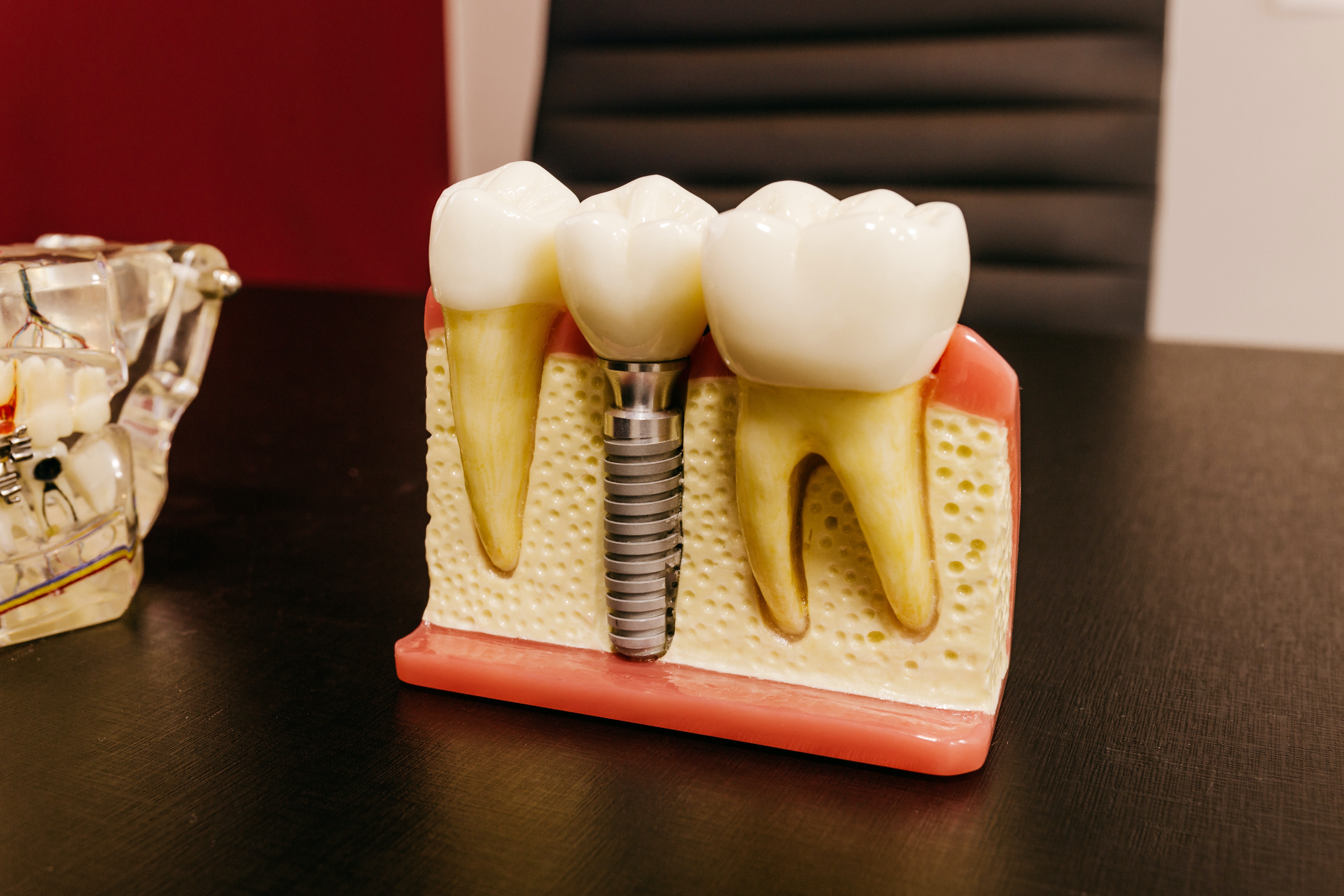
VISITING HOURS:
Week Days - 9 am to 8 pmSundays - Only Emergency Cases
Are Dental Implants Safe For Diabetic Patients?
A common concern for people with diabetes is whether they can opt for dental implants. So, are dental implants safe for people with diabetes? Are there any repercussions of having dental implant procedures for diabetic patients? Do people with diabetes have a greater risk of complications and implant failure? These concerns are genuine; after all, diabetes is known to affect the body’s capacity to heal wounds.
Dental implant treatments can be invasive sometimes. Wounds do not heal quickly in diabetic patients, which becomes an issue, especially when someone with diabetes considers going in for dental implants.
And yet, despite all the concerns, we do find dental clinics advertising safe dental implant procedures. The best way forward for diabetic patients who are missing a tooth or teeth is to have a one-on-one consultation with a reputed dental surgeon at a dental clinic to alleviate their concerns over dental implants.
As a general principle, dental surgeons may advise people with uncontrolled diabetes against going through the procedure because of fear of complications. Though the increased risk does in no way mean that complications occur in every patient. However, with medical science advancements, patients with controlled and uncontrolled diabetes can safely go in for dental implants without the risk of complications.
Can diabetic patients get dental implants?
Who can go in for dental implants without fear of failures or complications? Let’s understand who is at risk and what are the risks involved.
- Diabetic patients may be high-risk candidates for dental implants, especially those with insulin dependency. In such patients, the implants can take longer to heal.
- Patients with uncontrolled diabetes have a higher risk of contracting infections.
- Gum infection is typically the most reported side-effect. Gum infection can lead to failure of the procedure, and in rare instances, cause complications.
The risks involved include delayed wound healing and a higher chance of infection. - The other negative impacts could be periodontal disease, dry mouth, and tooth decay.
Despite the risk factors, the success rate is high. Several diabetic patients have successfully undergone dental implant treatments. A dentist can diagnose and decide whether a diabetic patient is a suitable candidate for a dental implant. Factors that influence the decision include the patient’s overall physical condition and lifestyle, such as eating habits and whether they smoke or consume alcohol.
Most recommended dental implant procedures for diabetic patients
Dental implants are one of the best tooth replacement options available. And diabetic patients can successfully get dental implants provided they control their blood sugar levels with lifestyle changes, eat healthy meals and look after their oral hygiene. Various dental implant options are available, and your dentist will walk you through each one of them. Remember to ask your dentist about the success and failure rates of each option.
Some of the standard tooth replacement techniques are:
Single Tooth Replacement
The single tooth replacement is done over a bridge. It is a quick fix for tooth replacement. The technique gives you artificial teeth that look and function like natural teeth. However, the downside is that it causes the gums to recede and weakens and damages adjacent teeth. Hence, it is not an advisable treatment for diabetic patients.
Mini Dental Implants
Mini Dental Implants are recommended if there is one tooth missing, even though the procedure does not give permanent results and requires constant repair/replacement. The regular care necessary for such implants makes it unsuitable for diabetic patients. Repair and replacement often lead to gum infections.
All on Four
All on four is one of the safest procedures for tooth replacement if you have diabetes. The process involves fixing the dental implant into the jawbone. The sophisticated technique is permanent, and the advantage is that it reduces the risk of gum damage and does not damage adjacent teeth.
Dental Implants in Diabetic Patients
Diabetes is a disruptive disease, as it affects the whole body. However, people who have diabetes can go in for safe dental implant treatments as long as they keep their diabetes under control, especially during the treatment phase. Exercise regularly, have a meal plan that helps keep your blood sugar levels from spiking, quit smoking, and stop alcohol consumption. These habits will keep you healthy and prepare your body for dental implants.
Most importantly, let your dentist know that you have a health condition so that they can advise you appropriately. A good dentist will also suggest that you undergo a thorough medical examination before carrying out the dental implant procedure. It is necessary to do so to understand your health and avoid complications after the treatment. The success rate of dental implants is pretty high, but you have to keep yourself fit to make it work for you.
OUR
TREATMENTS
TREATMENTS








